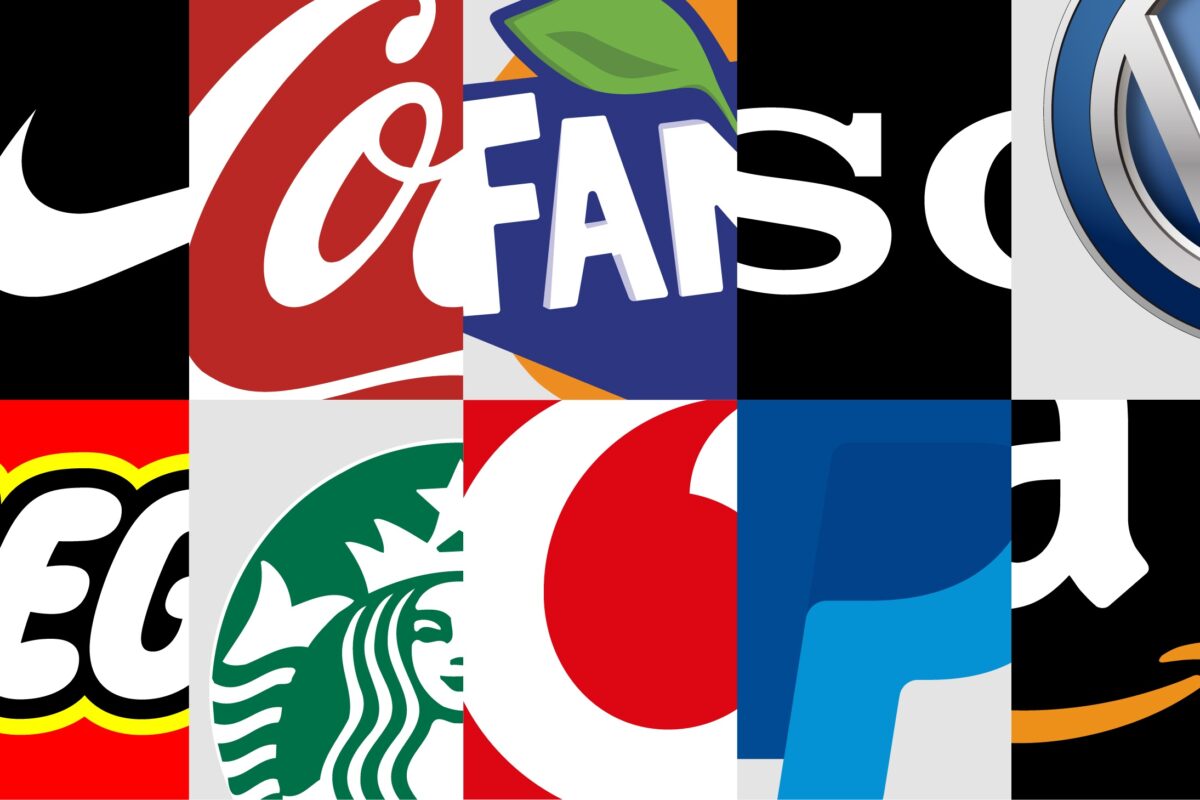As FedEx and UPS expand their services in China, one leading linguist argues that they could have profited more from the positive sounds of their names transliterated into Chinese.
The name FedEx has a strong association in Mandarin Chinese with fei, which is flying – a desirable name hinting at speed. The U of UPS also has a good association: it sounds like yo in Mandarin Chinese, meaning excellent. In Taiwan, UPS has its name transliterated as You Bi Su (literally “excellent-compared-to-fast,” insinuating quality service as well as speed).
Fed Ex’s “flying” nuance effectively expresses excellence with a picture of quickness in delivering, according to Andy Chuang, president of Good Characters in Fresno, California.
According to their official Chinese websites, however, both FedEx and UPS chose to translate the meaning of their names rather than transliterate the already familiar American names. The result is a mouthful. FedEx is Lian Bang Kuai Di, meaning Federal Express; UPS is Lian He Bao Guo Yun Sung Fu Wu, meaning United Parcel Service. Fortunately for them and no surprise to nameologists, customers use the shorter, positive-sounding English name more often.
The bottom line: Consider the positive association your brand name might have if transliterated into Chinese, and take advantage of it.
The Blake Project Can Help: The Brand Positioning Workshop
Branding Strategy Insider is a service of The Blake Project: A strategic brand consultancy specializing in Brand Research, Brand Strategy, Brand Licensing and Brand Education





3 comments
Randall Beard
September 5, 2009 at 9:35 pm
Steve — Interesting post. My team at P&G launched Tide in China back in the mid-90’s, and the Chinese name is “Tid-ze,” which means “cleans dirt.” There was only one problem with the name–the “ze” character was somewhat obscure and many Chinese consumers didn’t recognize or know its meaning. I told the team not to worry–no one knew what Oreo meant either when it was launched but now its an iconic brand. They all looked puzzled, and one young assistant then asked somewhat timidly: “What’s an Oreo ?” Oh well…forgot Oreo hadn’t yet reached China at that time. The key point for me is that great names can have meaning attributed to them over time through strong marketing (like Oreo or Marlboro), or can work on their own to communicate the brand promise. Both are workable approaches to naming, and “Tid-ze” ended up doing a bit of both.
Randall Beard
Jeannie Chan
September 6, 2009 at 12:48 pm
It depends. There is a certain prestige in being foreign, being an import in that market. Therefore, there is no need to for a Chinese name in some instants. However, it would be necessary to have at least some of your communication in Chinese, and therefore, having your tagline in Chinese is a very reasonable approach.
Tait
September 9, 2009 at 3:53 pm
Good advice. A great sounding name that also represents some of the core aspects of the brand is ideal.
As for the comments, “tid-ze” isn’t anything in Mandarin Chinese. Perhaps it’s Cantonese. Also, transliteration usually results in a foreign sounding name, so there’s nothing wrong with that.
Comments are closed.